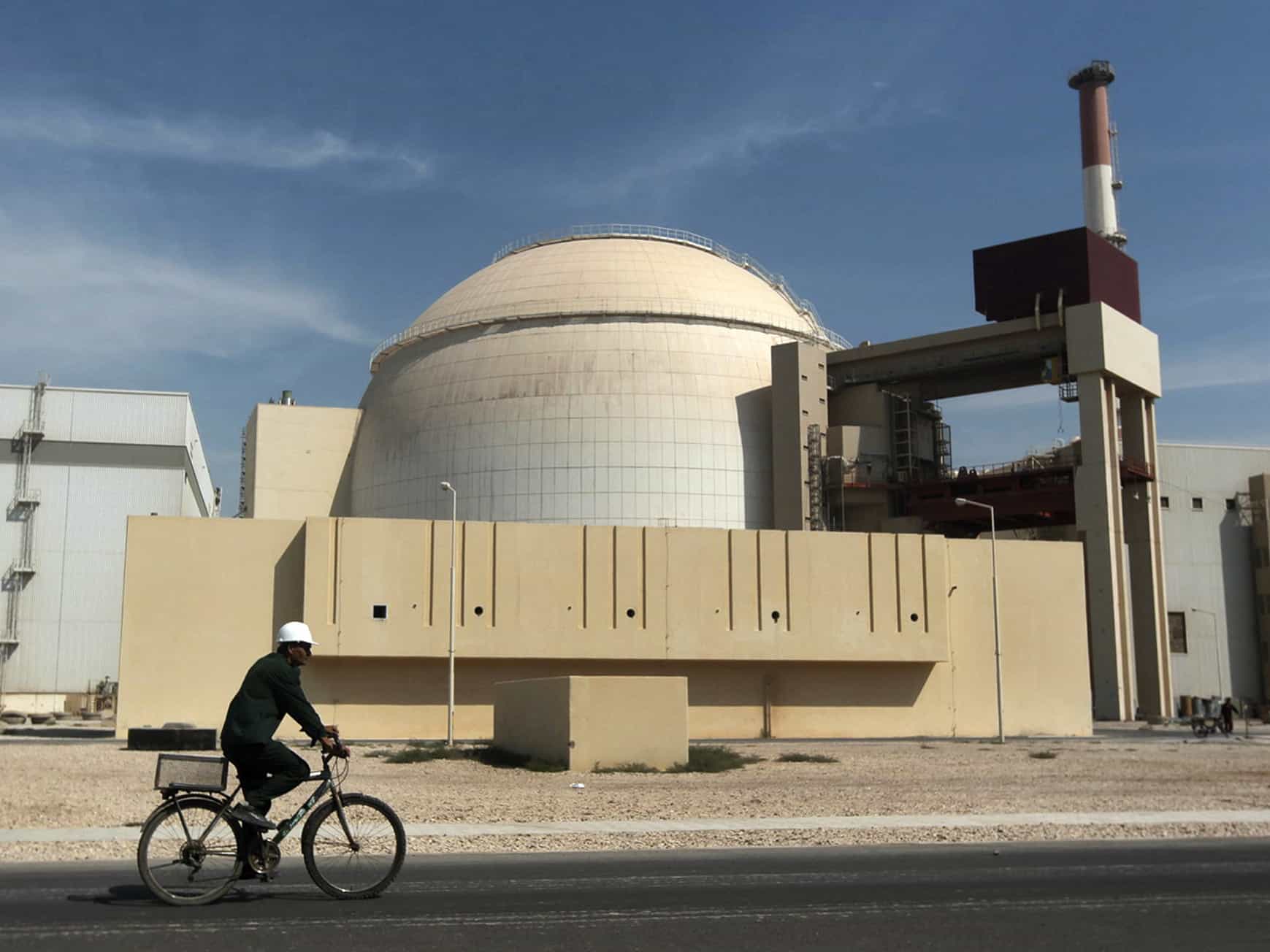United Nations, United States — The Middle East risks a nuclear catastrophe if Israel strikes Iran’s southern nuclear plant of Bushehr, the head of the UN atomic watchdog warned Friday.
Rafael Grossi, director of the International Atomic Energy Agency (IAEA), told the UN Security Council that he has not yet detected radiation resulting from Israel’s week-long military campaign against Iran, including attacks on nuclear sites.
But he said that a strike on Bushehr — the Middle East’s first civilian nuclear reactor, which so far appears to have been spared — would spell the most serious consequences as it contains thousands of kilograms of nuclear material.
“Countries of the region have reached out directly to me over the past few hours to express their concerns, and I want to make it absolutely and completely clear — in case of an attack on the Bushehr nuclear power plant, a direct hit would result in a very high release of radioactivity,” Grossi said.
Grossi warned of equally dire consequences even if Israel strikes the lines that supply electricity to Bushehr, saying such disabling of power could trigger a meltdown.
In a worst case scenario, evacuations and orders to take shelter would need to be issued for areas within several hundred kilometers of Bushehr, which would include population centers in Gulf Arab monarchies, a major artery of the global economy.
The population would also need to take iodine and may see restrictions in food supply, Grossi said.
Construction on Bushehr began in the 1970s as the pro-Western shah sought to develop civilian nuclear power.
German scientists initially worked on the plant but since the 1990s the Islamic republic has worked with Russia to develop and maintain Bushehr.
Grossi appealed for a diplomatic solution and repeated his willingness to travel to negotiate a deal.
“The IAEA can guarantee through a watertight inspection system that nuclear weapons will not be developed in Iran,” he said.








